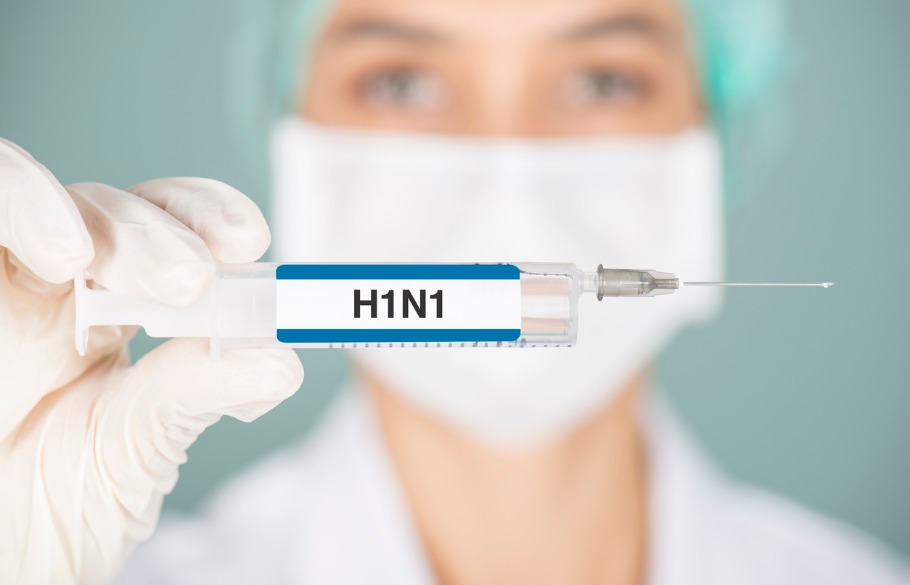
Amid coronavirus fear, H1N1 haunts India with 11,000 deaths in 10 years
Even as the world battles novel coronavirus and its impact on the global economy, another contagious disease, swine flu made a comeback to haunt India. According to the National Centre for Disease Control, over the past decade, about 11,030 people have died due to the fast-spreading H1N1 virus.

Even as the world battles novel coronavirus and its impact on the global economy, another contagious disease, swine flu made a comeback to haunt India.
Earlier this week, fear spread in the Supreme Court after the health ministry informed that six judges contracted swine flu and were being treated as per the protocol. Chief Justice of India SA Bodbe met the officials and asked them to take remedial measures by sanitising the courtrooms and houses of those affected.
With the swine flu becoming a yearly phenomenon killing 100s of people across the country, 2015 witnessed the highest number of reported cases and about 2,991 deaths in India.
The spread
According to the National Centre for Disease Control, over the past decade, about 11,030 people have died due to the fast-spreading H1N1 virus with last year alone around 1,218 becoming its victims.
Though state-wise data differ, it reveals that the disease peaks between January and March and during the monsoon season of July- September.
Related news: Two deaths reported from Karnataka due to swine flu
The symptoms of swine influenza or flu, a respiratory disease of pigs caused by type A influenza virus, include fever, cold and sore throat which mostly affects children, pregnant women, persons having co-morbidities such as diabetes and hypertension, and people above 65 years of age.
From the states
Karnataka, which is one among the states that report the highest number of cases, between 2009 and 2019 witnessed 664 deaths and about 72 people were infected in the Bengaluru limits in January and February this year.
On February 21, the German software solution company SAP shut its office for two days after two of its employees in Bengaluru were tested positive for the H1N1 virus.
However, the Union Health Ministry, as usual, maintained that everything is under control even as it scrambled to help states such as Punjab, Rajasthan, Gujarat, and Karnataka which reported a high number.
In an advisory issued by the health ministry, Integrated Disease Surveillance Programme (IDSP) was provided to assist a network of 12 laboratories to support the testing, quality assurance, and guidance as a part of reviewing the states’ preparedness.
Related news: Six SC judges infected with Swine Flu, Bobde initiates vaccination
Bengaluru City Corporation (Bruhat Bengaluru Mahanagara Palike)’s health officer Dr BK Vijendra said, “Though they (health ministry) had enough stock of vaccines to control the H1N1 spread, the availability of it was a concern year-after-year.”
India’s public health system
The outbreak and the number of deaths indicate the hollowness of the public health system in India. The approved version of drugs to contain the disease is categorised as Schedule X drugs which are made available in a limited number of stores that have the requisite permission.
Across the country, about 2500 pharmaceuticals have permission to sell Schedule X drugs.
Dr Ravi Kumar VN, Associate Professor, Department of General Medicine at M.S Ramaiah Medical College and Teaching Hospital said, “The improving the availability of vaccines, isolation of the patient tested positive, and maintaining a healthy lifestyle will help reduce the spread of the H1N1 cases.”

